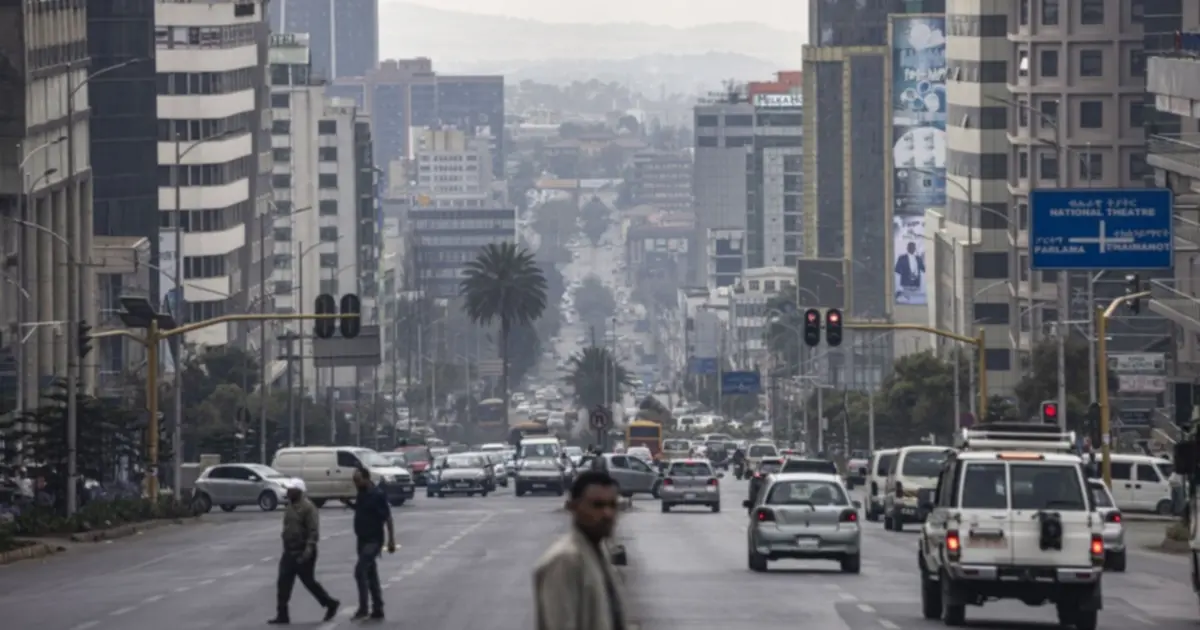
Kemeriya Mehammed Abduraheman set her sights on an electric vehicle four months ago, joining over 100,000 Ethiopians who have switched to greener transport.
While electric vehicle (EV) sales in Africa made up only one per cent of the global market in 2024, according to the International Energy Agency, Ethiopia aims to alter that.
In a global first, the government last year prohibited the import of petrol and diesel cars, partly for environmental reasons but also to help reduce reliance on increasingly costly fuel.
Many people praised the move.
“I was fed up with standing in line to refuel,” Abduraheman, a 36-year-old development consultant, told AFP in the capital Addis Ababa, where petrol lines can extend for hundreds of metres (yards) and consume half a day.
Bareo Hassen Bareo, who leads green mobility at the Department of Transport, said there were already 115,000 EVs — seven per cent of vehicles — on the roads.
“In 10 years, we will have more than 500,000,” he told AFP.
Saving time and money
But the cars remain extremely costly, particularly in a country where almost 40 per cent of the population survives on less than US$3 a day, according to the World Bank.
Abduraheman shelled out roughly $34,000 for a model from Chinese maker BYD, calling it a “long-term” choice.
“I’ve been able to cut costs, I’ve been able to save time, in terms of not queuing for petrol,” she said.
The landlocked nation relies on the ports of neighbouring Djibouti and frequently experiences fuel shortages.
Abduraheman used to spend about 4,000 birr (US$27) each month on petrol, but now pays the equivalent of US$4 for charging.
EVs are becoming more common in the capital, predominantly Chinese makes.
Residents have even spotted an eccentric Tesla Cybertruck, which sells for over US$100,000, inching along Addis Ababa’s streets.
The city’s buses are electric now too.
Economic analyst Samson Berhane said the EV shift had been “more successful than initially anticipated”.
“This can be credited to the country’s rapidly expanding middle class and the booming demand for new cars,” he told AFP.
While charging points have proliferated across the capital, he added, “many consumers have taken it upon themselves to fit chargers at home and at work.”
Mega-dam hope
The swift transition has not been without problems.
There are accounts of shortages of EV components and trained mechanics.
And there are only about 100 charging stations nationwide, meaning drivers cannot plan long trips outside the capital.
“We need more than 2,300,” conceded Bareo at the transport department.
High prices for EVs are also a major concern, which the government hopes to address by luring foreign manufacturers to produce domestically.
The unreliable power supply is another worry, though the government expects the opening of a vast mega-dam this week — projected to double the country’s electricity capacity — will aid the green shift.
It cannot arrive soon enough: near Addis Ababa International Airport, dozens of EV owners queue to use chargers run by the national operator Ethio Telecom.
“It has been four days since the power went out in my area, so I am charging it here,” said one customer, Semagn Getnet.
“Electric cars are good and pleasing, but there are some problems,” he added.
Auto and lifestyle writer who loves simplifying complex topics into easy-to-understand insights.

Leave a Reply